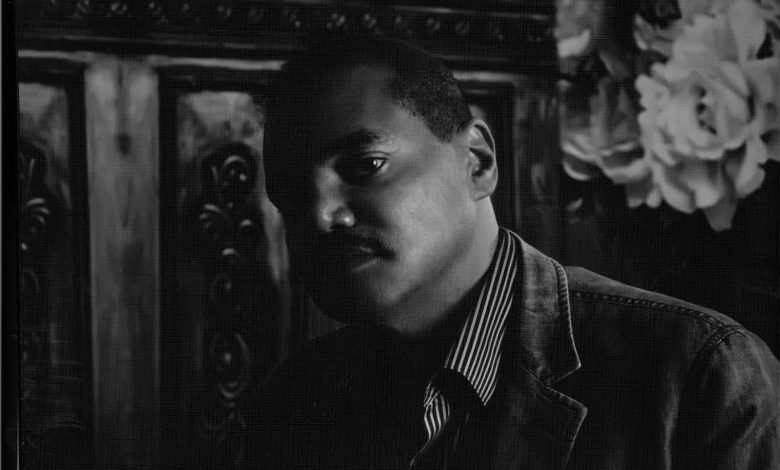Opinion
Sudan’s Crisis and the UN’s Response: A Struggle for Peace and Humanity

By Mohamed Sulieman Al Shazly
The United Nations Security Council had recently engaged in discussions over a British-drafted resolution aimed at confronting the escalating crisis in Sudan. The resolution called for an immediate halt to hostilities between Sudan’s warring factions and emphasized the need for humanitarian aid to be delivered swiftly, safely, and without obstruction across front lines and borders. This call for action came as Sudan remained mired in a violent conflict, with the Sudanese Armed Forces (SAF) and the paramilitary Rapid Support Forces (RSF) locked in deadly confrontations that had devastated the nation. The resolution sought to address not only the dire humanitarian situation but also the long-standing political instability that had gripped Sudan since the removal of former President Omar al-Bashir in 2019. As the Security Council debated its next steps, the international community’s growing focus on finding a path to peace and ensuring aid reached those in need underscored the urgency of the situation.
The crisis in Sudan had posed a significant challenge for the United Nations Security Council, with its ability to respond effectively hinging on continued international cooperation and engagement. Throughout 2023, the situation in Sudan had remained volatile, with the country’s internal conflict making it difficult for the international community to develop a unified approach. In November 2023, a key moment for reassessment came when the Security Council convened a high-level briefing on Sudan’s deteriorating conditions.
This briefing, held on November 12, was chaired by Ray Collins, the UK’s Parliamentary Under-Secretary of State for Africa. It included detailed presentations from UN officials, humanitarian organizations, and civil society representatives. These briefings provided an in-depth look at the security, political, and humanitarian challenges facing Sudan. Under-Secretary-General Rosemary DiCarlo discussed the ongoing political turmoil in Sudan, emphasizing that the country’s instability had deepened since the ousting of Omar al-Bashir. Despite initial hopes for a smooth transition to civilian rule, the conflict between the Sudanese Armed Forces and the RSF had plunged Sudan into a prolonged state of division and violence.
The briefing also highlighted how entrenched military power had complicated efforts to find a lasting peace solution. Since the conflict erupted in April 2023, fighting between the SAF and RSF had devastated civilian communities, causing widespread deaths and displacing millions. The humanitarian situation had grown increasingly dire, with vital services such as healthcare, water, and food supplies in sharp decline. Millions of people had been forced to flee their homes, many of them seeking refuge in neighboring countries, as famine and disease ravaged displacement camps.
OCHA (the UN’s Office for the Coordination of Humanitarian Affairs) had been working to alleviate some of these hardships, but access to affected populations had become progressively more difficult due to the ongoing fighting. OCHA officials reported the destruction of critical infrastructure, shortages of food and medical supplies, and the collapse of Sudan’s already fragile healthcare system. The briefing underscored the urgent need for international support to ensure aid could reach those most in need, while also highlighting the growing danger to humanitarian workers in conflict zones.
In parallel with the UN’s efforts, the U.S. government had also increased its involvement, imposing targeted sanctions on key individuals contributing to the violence. On the same day as the UN briefing, the U.S. Treasury Department sanctioned Abdel Rahman Juma Barkalla, a commander of the RSF, for his role in human rights abuses in the West Darfur region. This sanction was part of a broader effort to hold accountable those responsible for perpetuating violence and to encourage both sides of the conflict to engage in peace talks. The U.S. government had made it clear that addressing the ongoing atrocities was a top priority, particularly given the mounting evidence of ethnic violence and the impact on civilians.
By November 2024, the conflict had displaced nearly 14 million people, with many living in precarious conditions both inside Sudan and in neighboring countries. With millions facing hunger, disease, and extreme insecurity, the humanitarian crisis had reached catastrophic proportions. Famine was widespread, particularly in camps for displaced persons, where access to food and medical care was severely limited.
Against this grim backdrop, the Security Council’s briefing had served as an important moment for reassessing its approach to Sudan. DiCarlo had highlighted the complexity of facilitating peace in a political environment marked by fractured factions and entrenched military power. Humanitarian representatives, meanwhile, had stressed the importance of greater international solidarity to support Sudan’s recovery. Collins, in his capacity as the UK’s representative, called for a stronger collective push to end the violence and address both the humanitarian and political crises. The UK had played a prominent role within the Security Council, advocating for targeted sanctions and diplomatic pressure to force the parties involved to halt the fighting.
The outcome of the Security Council’s discussions was expected to have far-reaching consequences for Sudan’s future. The international community’s ability to engage effectively in peace efforts would require sustained commitment to both immediate humanitarian relief and long-term peacebuilding. The resolution proposed by the UK could serve as a framework for broader international efforts, with the hope that coordinated action would help bring an end to the violence and support a sustainable political transition in Sudan.
As the crisis in Sudan continued to unfold, the UN’s ability to respond to the crisis remained crucial. The Security Council’s deliberations, alongside actions like the U.S. sanctions, underscored the international community’s growing resolve to address the suffering and instability in Sudan. However, with entrenched political divisions, ongoing violence, and a humanitarian catastrophe worsening by the day, the road to peace remained uncertain. The discussions and resolutions from the Security Council provided a potential path forward, but it was clear that continued engagement, solidarity, and pressure from the international community would be needed to navigate the challenges ahead.



